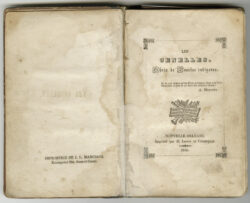Literature
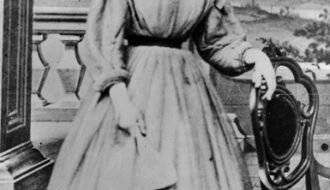
Kate Chopin
Kate Chopin, one of Louisiana's best known authors, wrote fiction about late nineteenth-century Cajun life.

Kate Chopin, one of Louisiana's best known authors, wrote fiction about late nineteenth-century Cajun life.
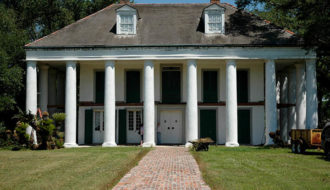
L'Hermitage Plantation in Darrow, Louisiana, stands as a nearly 200 year-old classical revival style home.
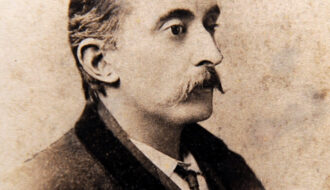
Author and journalist Lafcadio Hearn spent a number of years in New Orleans writing about Creole culture.
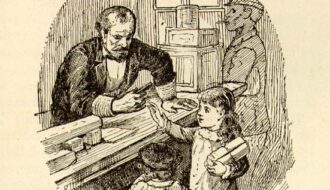
"Lagniappe" is a vernacular word used in New Orleans to refer to a complimentary giveaway in a retail environment.

A popular term in Louisiana usually tied to the gifting of something small—or a little something extra—with a purchase.
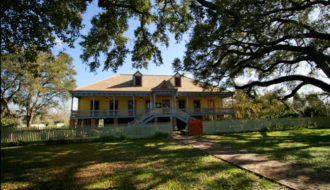
Laura Lacoul Gore, the namesake of Laura Plantation, left a memoir that proved to be an important resource for the restoration of the house.
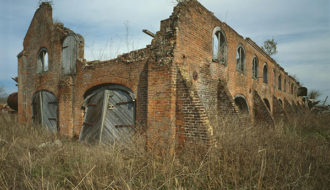
In the early twentieth century, Thibodaux's Laurel Valley Plantation was the largest sugar producer in the region and employed as many as 450 workers.
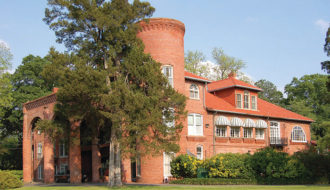
Layton Castle, a rambling, maze-like brick home built in 1814, is an architectural landmark in Monroe, Louisiana.
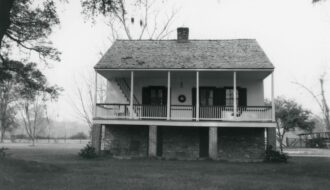
The LeBeau House plantation occupies one of the narrow lots typical of The Island, the area between the Mississippi and False rivers.
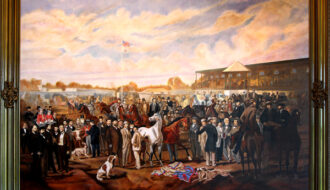
Legalized gambling has played an important cultural, political, and economic role in Louisiana's history from the colonial era to the present.

The legend of a displaced Acadian couple, Evangeline has played an important role in Louisiana history and culture despite its fictional nature.
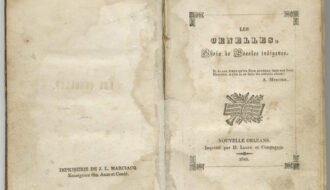
Les Cenelles is a groundbreaking collection of original French poems published by a group of free men of color in nineteenth-century Louisiana.
One-Year Subscription (4 issues) : $25.00
Two-Year Subscription (8 issues) : $40.00
